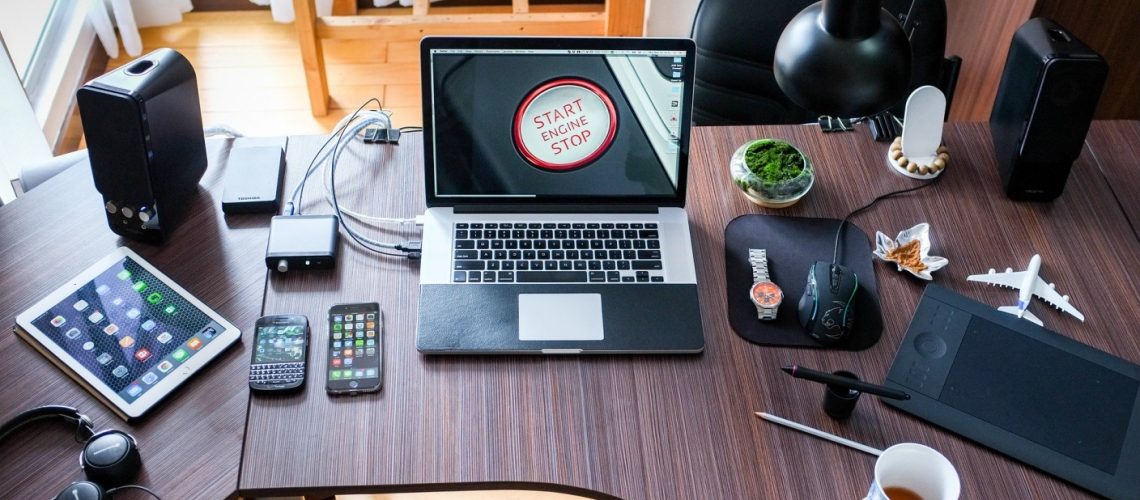 Being busy is often a good thing; it means you have things to do, and that means you’re getting ahead in life. On the other hand, it’s perfectly possible that a person is busy and yet gets nowhere – or worse, does the wrong things and actually creates a situation that proves later on to be a serious setback. Being busy does not always mean being effective or productive.
Being busy is often a good thing; it means you have things to do, and that means you’re getting ahead in life. On the other hand, it’s perfectly possible that a person is busy and yet gets nowhere – or worse, does the wrong things and actually creates a situation that proves later on to be a serious setback. Being busy does not always mean being effective or productive.
A lot of this has to do with good time management. Being efficient does not mean you do as many tasks as possible in as little time as possible; it means proper organisation, prioritising, and working with the brain just as much as with the body. Here’s how you can work in a much smarter – and more time-effective – way.
Set realistic goals
Start off by setting goals – for the month, for the week, for the day. There’s no guarantee that you will be able to accomplish those goals, but they can be used as a measuring stick for your performance at the end of the period. If your goals are not met, ask yourself why, and how you can improve the situation in the future (how you can become more productive and efficient). Of course, make sure your goals are realistic.
Tackle the hardest first
Handling the hardest tasks first is important for two reasons. First of all, once they are done, your day can only get better, and this is a great morale booster. Secondly, your mind tends to be fresh in the morning, so you can focus better when handling the hard stuff.
Avoid distractions
There’s a tendency to get distracted, either by social media, the TV, the neighbours, the telephone, the kids, or the spouse. Avoid them, and make it clear when you have to work and when you have free time.
Learn to say no
If you feel you have too many things to do already, learn how to say no when it comes to taking on new assignments. It may feel like you’re letting go of an opportunity, but it allows you to focus on what still needs to be done.
Create a habit
It’s the habit that will get you there when all else fails. Develop a routine.
Here’s one more thing: take breaks. As you plan your tasks, create some buffer-time in between them. This will help you appreciate – and even celebrate in a small way – those accomplishments, and will lead to more job satisfaction (which in turn leads to the motivation to work more and focus on your next task). Taking breaks is an important, often underestimated part of being productive. When taking breaks, use a time tracking app so your time is always documented – and these apps can help you bill your clients, send out reports, and keep track of work more easily as well.
